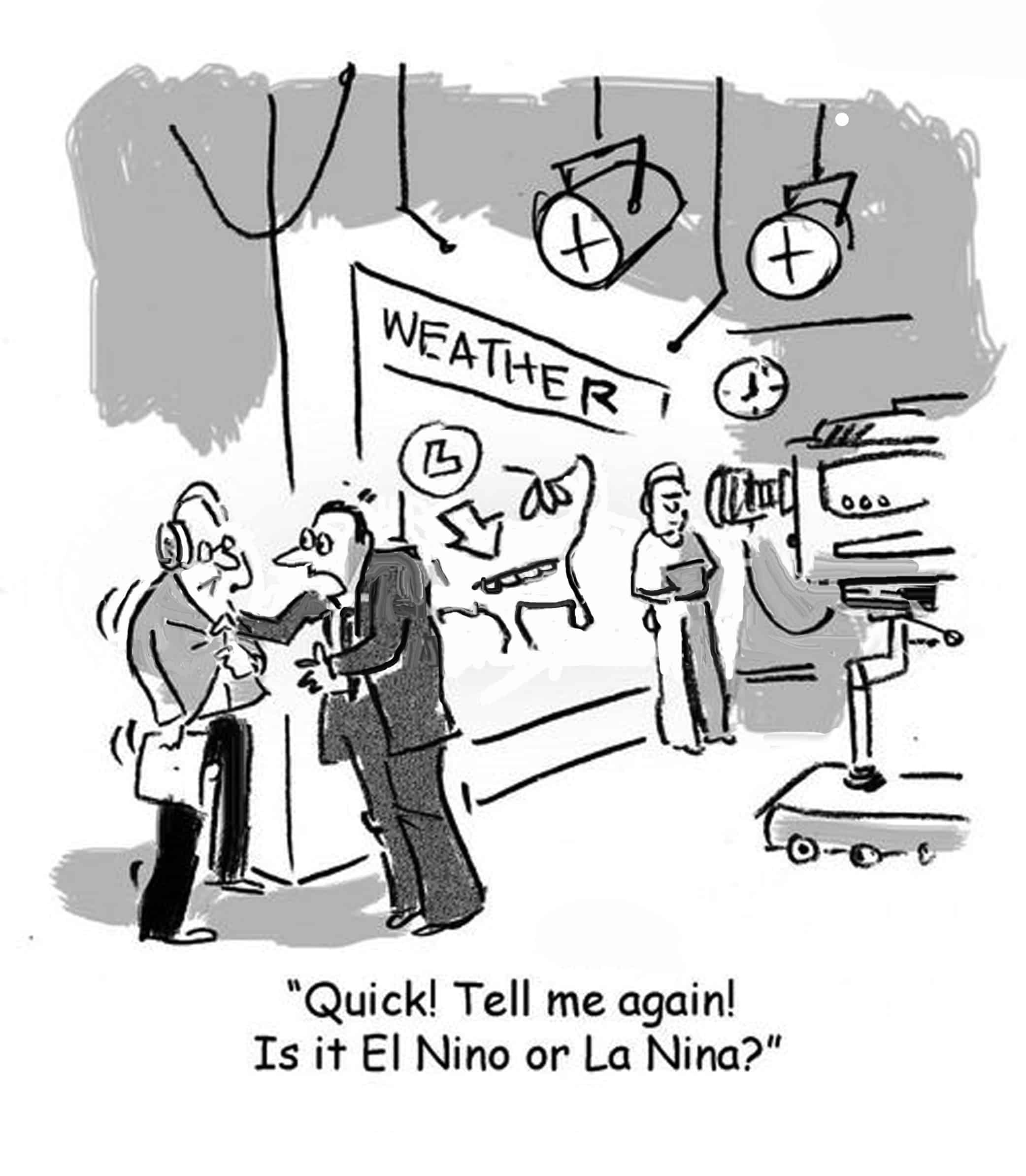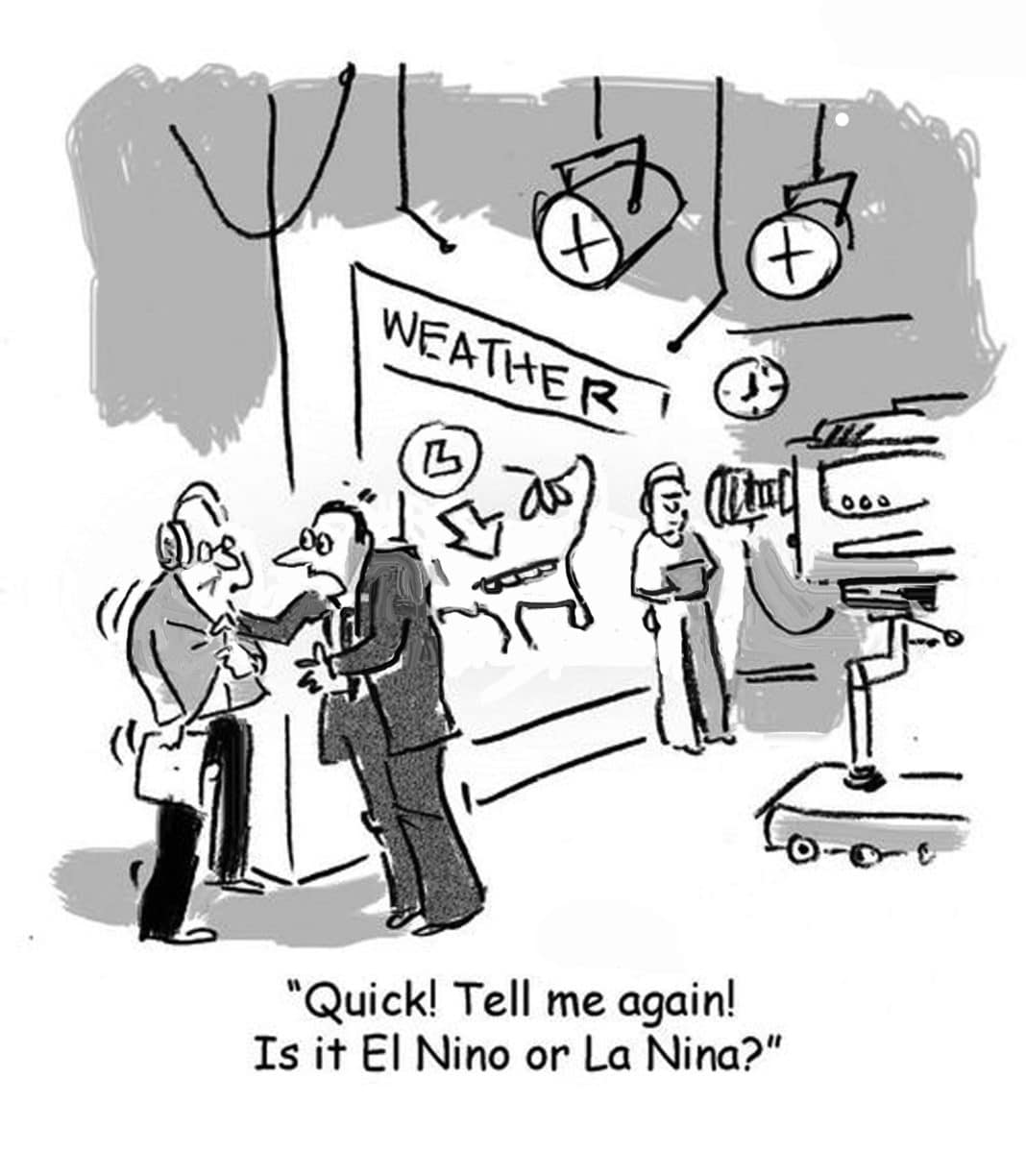It’s sad that the entire future of the planet is at risk whenever politics rears it’s head. No, not just sad, the right word is disastrous.
Last month a by-election result went totally against expectations and all because of whipped up anger against the London mayor introducing a 12.50 pound charge on owners with old polluting cars entering an extended low emission zone.
This month, seeing what political advantage there was to be had by not hitting voters in the pockets over climate change, Rishi Sunak delayed a ban on new petrol and diesel cars in a major change to the government’s approach to achieving net zero by 2050. Instead of introducing the ban in 2030, it has been rowed back to 2035.
And to highlight how dirty the politics game really is, Mr Sunak framed the changes as “pragmatic and proportionate”, unpicking several of Boris Johnson’s key policies, many of them launched when Mr Sunak was serving as chancellor.
The entire situation would be laughable if it wasn’t so serious. Even the most hardened global climate change deniers are having to concede that the planet is warming – and that’s a huge understatement.
Last week a waterspout formed in the English Channel off Littlehampton. It came inland across a golf course and then hit a housing estate, causing considerable damage, blowing out windows, damaging cars and blowing branches off trees.
But this is nothing compared with the massive changes in climate around the world – with hotter drier summers, droughts, failing crops, unprecedented rainfall and floods.
The reality is that the British government could push the ban on petrol and diesel cars back to 2040 or 2045 and it wouldn’t make a jot of difference because irreparable damage is being done to the planet right now, today, tomorrow and for the foreseeable future.
It’s also a fact that if Britain achieved net zero emissions right now, it also wouldn’t make a jot of difference to the planet’s future.
Why? The UK pumps out and into the atmosphere 331.5 million tons of greenhouse gases a year (it reduced by 2.4% from 2021 to 2022). Now compare that with China, with more than 10,065 million tons of CO2 released, the United States, with 5,416 million tons, India, with 2,654 million tons, Russia, with 1,711 million tons, Japan, with 1,162 million tons, Germany, with 759 million tons and Iran, with 720 million tons (Spain’s and France’s emissions are less than the UK)
These are the world’s top ten polluters and are responsible for killing our planet – literally.
If you listen to the UK environmentalists you would get the impression that if Britain were to cut emissions to zero it would save the planet. But in reality that would be drop in the ocean. The result would be to send Britain to the Stone Age and people living in total poverty.
Britain used to be a leader on the world stage, but with so many calamitous decisions the UK has made of late its a laughing stock. And that’s a shame because someone has to try to persuade the world’s top polluters to mend their ways – and quickly.
Hopefully the message will soon get through because several of those top polluters have been hit by the effects of climate change – heat waves, massive storms, torrential rains and floods.
I have always been interested in meteorology – I caught the bug as a young boy from my father who had in the garden an array of ground and air thermometers, a rain gauge and a precise barometer. I went on to have an interview for a job at the then London Weather Centre. I wanted to work in forecasting, but was offered a apprentice job on a weather ship in the Atlantic, and my enthusiasm dropped, and I chose journalism instead.
But my interest in the weather and climate change has, if anything, increased, much to the annoyance of Mrs M.
I am hopeful that there are still a few of you who are reading this who are interested, so I invite you to Google https://nsidc.org/arcticseaicenews/ This will give you satellite images of the sea ice around the North and South Poles. It will show you, day to day, how much ice is being lost.
Over the last 30 years there has been a staggering two million square kilometers of sea ice which no longer exists around both poles. This is ten times the size of the UK on both poles.
It’s being caused by warmer seas, which, in turn causes more land ice to melt in Antarctica. Last year sea levels rose by 2mm through the loss of ice on the frozen continent and Greenland. Not much by itself, but over several years at a growing rate there’s more coastal erosion, and coastal flooding world-wide.
In the news today it was revealed that tens of thousands of people have died in the past decade through heat-related problems. The danger is right now, and our children, grand-children and great grand-children are going to have a terrible time if the big polluters don’t stop.
So, I leave you with this question – how do we persuade the world’s biggest polluters to stop pumping gasses into the air and killing the planet we are all trying to exist on?






